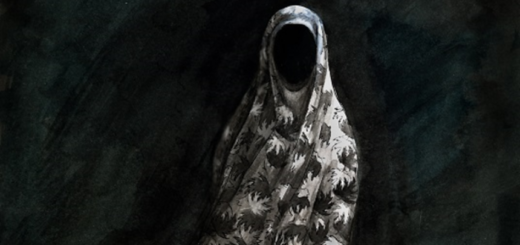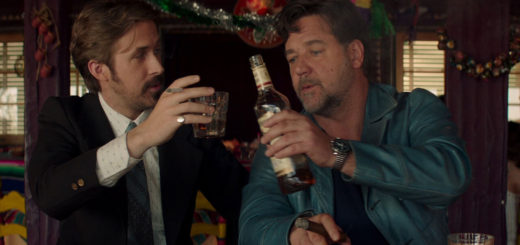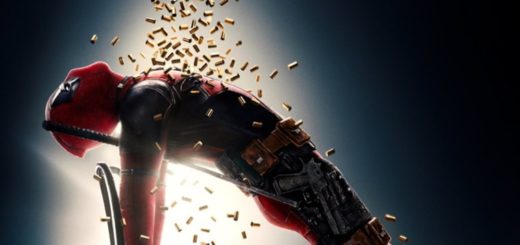BLACKKKLANSMAN: Say It Loud or Shut Up
Military drums lead in over the studio logos of BLACKKKLANSMAN. Not the intro scene or the opening credits, but the very second the lights go down. Spike Lee is mad, militant, and, best of all, he’s got a camera. If it isn’t the imminent nuclear holocaust or climate change-caused global meltdown that wipes out swaths of humanity, then it’ll be a tidal wave just as heinous wrought by the excesses of western capitalism. We live in a last-chance era. Not to be the “End is Nigh” street sign bearer, but even goofily “sending it” bears an aura of anguish; what was once a frivolity is now a bucket-list item. There’s no time for hints, the America of today is a statement society.
In December 2016, still processing the fresh lashes of 45’s election, I sat with a friend to discuss the rapturous praise for and possible effects of Barry Jenkins’ MOONLIGHT. Was this a one-off success for minority voices in mainstream cinema? Will the industry embrace beautiful black filmmaking? Will there be more like this? Then, the answer was fiendishly unclear, but I was adamant in my prediction of a wave of incoming artists, a crack in the atmosphere that introduced vital brown, female, and nonconformist filmmakers. For me, Sundance 2018 (as covered by Crossfader) was the emergence of this wave, bringing a first look at two of the year’s most firecracker films that I would consider key in the Last-Chance Cinema canon: Boots Riley’s SORRY TO BOTHER YOU and Carlos López Estrada’s BLINDSPOTTING.
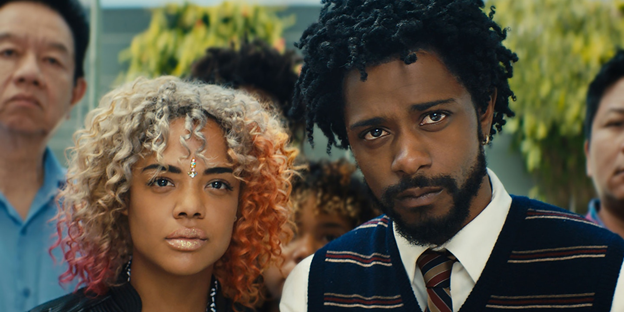
“White voices” are the hot topic of 2018’s cinema
Last-Chance Cinema, a category of film I made up because I could, stands for all of our 2018 values. Shared qualities include, but are not limited to, contemporary social themes, POC protagonists, brash messaging, and overstuffed narratives. The mixture of these attributes amount to one big conclusion: a film that no major studio wants to touch, let alone finance. Sundance 2018, as strong as the films were, was a distribution graveyard—acquisitions were made with a startlingly lower frequency than in previous years, with many standout features not getting bites until months after. Digital content and mega-blockbusters reign supreme, and anything in the middle has faced more trouble now than ever to get made. So when and if you’re handed the mic? You raise your voice. SORRY TO BOTHER YOU is oft critiqued for saying way too much. BLINDSPOTTING faces criticisms for sharp tonal shifts and being too blatant about its messages. They’re features that throw everything they can at you, to grip you by the shoulders and shake, because, for Riley and Estrada? The next greenlight is not guaranteed. The results are spellbinding. Actually . . . maybe “Last-Chance Cinema” is just another way of saying “Like A Spike Lee Joint.”
BLACKKKLANSMAN feels like the ultimate form of the aforementioned films, in immediate dialogue with each of them, while also drawing conclusions of its very own. Here, Lee establishes strength and unity through group dynamics. The fading triptychs of captivated black faces during Kwame Ture’s rally are gorgeous, while the magical synchronicity of joyous dancing in the Red Lantern intercut with an inhumane police traffic stop stand as not only the highlight of the feature, but one of the best film sequences I’ve ever seen. Compare these to the chilling Klan sequences, in which their buffoonery and howling aids in building terror of their capabilities. From nearly being ejected from NYU for critiquing THE BIRTH OF A NATION to turning the climax of BLACKKKLANSMAN into a savage video essay about Griffith’s toxic opus is the ultimate flex.
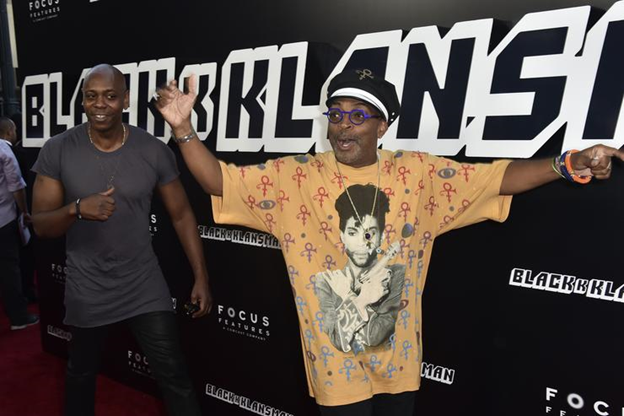
Lead us into battle, Cap
A crooked cop is ousted, but every shred of Colorado Springs’ Klan criminal evidence is destroyed. One step forward, but a dozen taken back—so is the historical trajectory of social activism. The people are forever at the disadvantage of a pre-established white power incline, but one that is surmountable through labored willpower and sacrifice. While several have raised pointed critiques at BLACKKKLANSMAN’s seemingly pro-cop stance, it strikes me as more of a self-reflection on Spike Lee’s part. Isn’t he too a maverick that entered a dominantly white field in order to find the loopholes in its rules to stage a revolution? His latest joint posits that flipping a system from the interior is not only possible, but wholly essential. A full-scale, successful revolt is not only close to impossible, but it’s an unattractive suicide mission. Mixed infiltration of bureaucracy with grassroots movements, though? Now we’re talking, baby. At the same token, Spike disappointingly evades any meaty discourse pertaining to the corruption of absolute power or how the police system works to invoke self-hatred in its ethnic ranks, but, to be frank, Spike Lee is the last guy I’d expect to be pro-cop, so I’m not bothered.
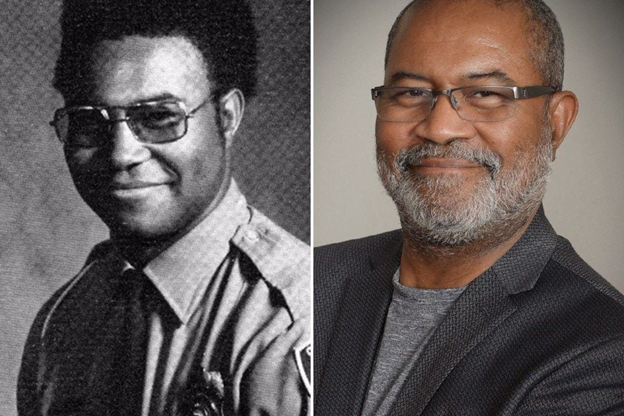
All power to all the people
We’re past the point of civility: say it loud or shut up. The exploitation of the working class and hatred for people of color are synonymous with one another and the linking trait is trained rhetoric. Racism is a rhetoric, and maintaining supremacy means sticking to the script and the perceptions of people it instills. Toss that shit to the wind. 2018 has been a powerful year for films urging its viewers to stand up. Hell, just to *see* what the issues are. I never thought I could be transported back to my mid-2016 self, where resistance was feasible and allied efforts to crush injustice felt attainable, but Spike Lee has gusted the wind back into my sails. BLACKKKLANSMAN is a call to arms, a call to become the Ron Stallworth of your municipality. To be the Nikuyah Walker of your Charlottesville. Change is not only possible, but essential, and we can create the forward momentum all by our damn selves. It’s too late to look back now.

